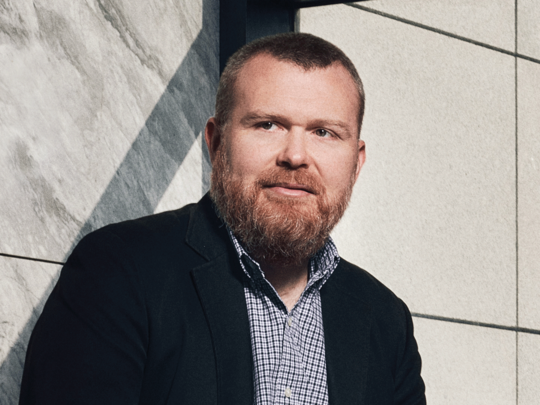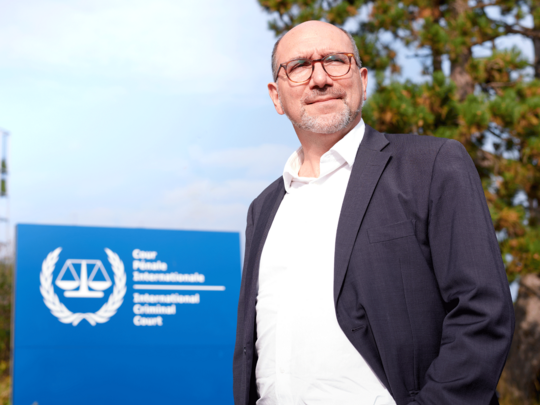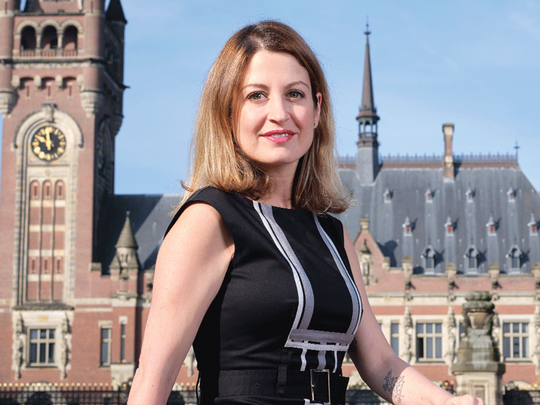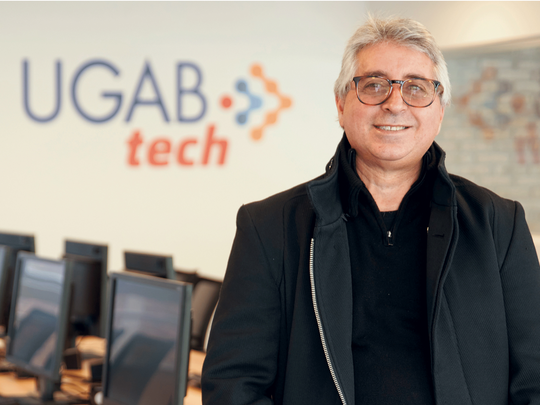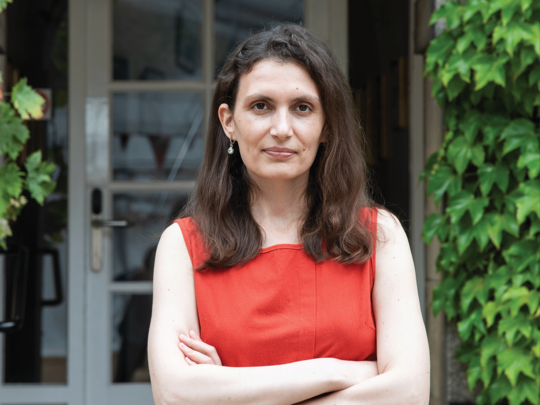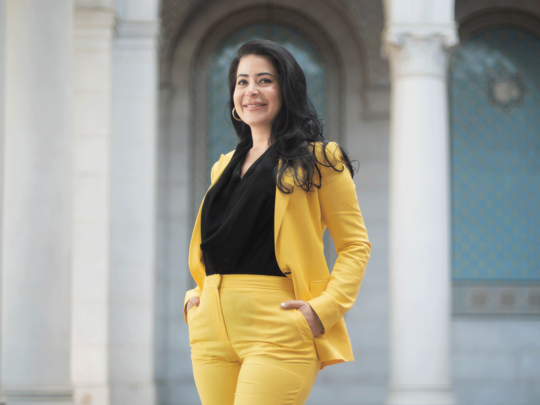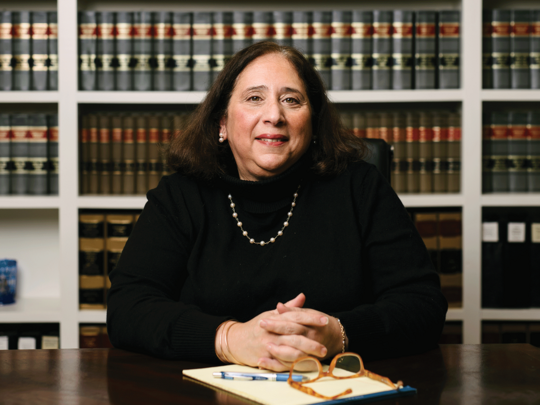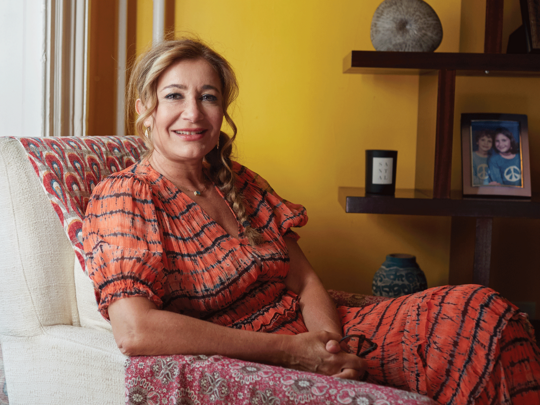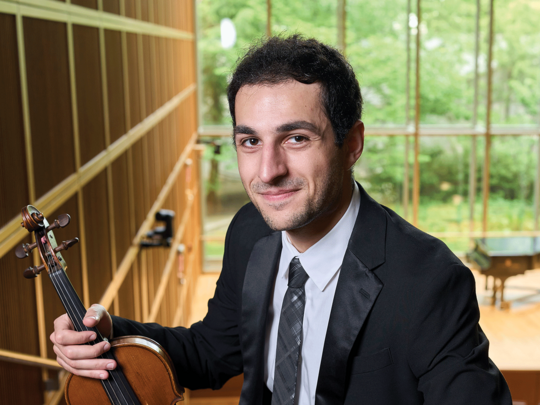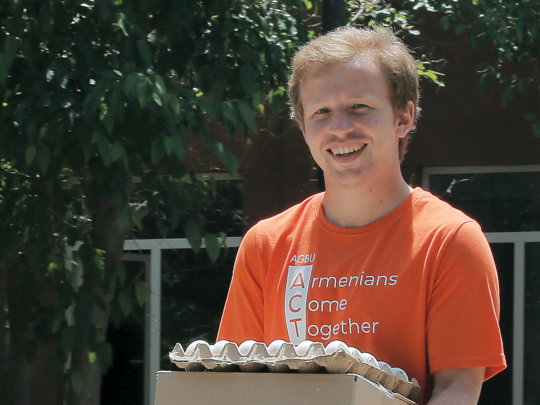Global Leadership Program alumna Sharon Chekijian, MD, MPH, is a full time professor at the Yale School of Medicine who has dedicated her life’s work to the development of resilient emergency medical systems in low to middle-income countries.
In December of 2019, she received a Fulbright U.S. Scholar Program Award to strengthen emergency care in Armenia. The grant was awarded just months in advance of a severe shock to the Armenian health system which was bending under the combined weight of the Covid-19 pandemic and the war in Artsakh that erupted in March and September, respectively.
The award was announced just before a long and hard-fought battle on the frontlines of the U.S. response to Covid-19. Travel restrictions prevented her from being on the ground in Artsakh during the war, but not from helping to support colleagues, collect funds, and ship medical equipment together with the American Armenian Health Professionals Organization (AAHPO) and the Armenian Medical International Committee (AMIC). All in all, the timing couldn’t have been better.
“Everything we knew to be a problem in Armenia from an emergency preparedness and response standpoint—from its divided healthcare system to the lack of coordination between the different entities responsible for disaster control—came to bear during the pandemic, the war and the earthquakes of this past year. It really reminded us just how fragile we are and why disaster planning is so important in a country like Armenia,” says Dr. Chekijian.

Introduced to Armenia in 1991, thanks to Prof. Kevork Bardakjian’s AGBU-sponsored University of Michigan Summer Armenian Institute, a two-month intensive language course for diaspora Armenians in Yerevan, Chekijian’s first trip to the then-Soviet republic came as a revelation. “Until then, I didn’t even know Armenia existed. My dad had always told me, “It used to exist, it doesn’t anymore” after it was Sovietized after World War I. It was just too painful for him to talk about,” she says. Having unknowingly boarded one of the last flights out of soon-to-be ex-Soviet Armenia in August of the same year, Chekijian’s career as a doctor was to be intimately tied to the ups and downs of healthcare provision in the country that was eventually reborn as an independent state.
On her second visit in 1995, she witnessed her first operation in Gyumri while still a pre-med student in the U.S. and made first contact with the Heratsi Teaching Hospital Department of Plastic and Reconstructive Surgery in Yerevan, which would later influence her decision to pursue surgical residency in Philadelphia.
But first, there was medical school at Yale, with five more trips to Armenia before that, each serving “as both a buffer and a catalyst between periods of contemplation on ways to improve the healthcare system in Armenia and intervening periods of hard work back home in Boston,”
Dr. Chekijian remembers. At Yale, she worked in close contact with Armenia’s then-Minister of Health Dr. Ara Babloyan to formulate her thesis on barriers to organ donation and transplantation in a country where such procedures had yet to be established as an available therapy.
Upon graduating medical school, she began her surgical residency in Philadelphia, ultimately returning to Yale to pursue emergency medicine instead. The move set her up for multiple positions at her home department at med school and led to a variety of research projects in Armenia, Uganda, and Iraq in addition to consulting for the World Bank and the U.S. Department of State. Her work in Armenia has examined cardiopulmonary resuscitation, trauma care, stroke care and now disaster. The link that ties them all together is a functioning emergency system.
On her recent visit to Armenia in the “formal framework” of the Fulbright Program to take advantage of what she calls “a teachable moment for Armenia,” the good doctor has teamed up with long-time colleagues from the School of Public Health at the American University of Armenia with the goal to establish a new emergency medicine residency program in the capital and to develop research capacity in trauma and emergency care. The project is also joined by Armenia’s National Institute of Health and Yerevan Municipal Ambulance Service.
Rather than use this past trip only to develop and translate curricula as was initially intended, Dr. Chekijian explains that she “spent a lot of time doing stakeholder involvement and a lot of consensus-building to get people working in similar areas that don’t know each other or haven’t worked together before to the same table. The point was that our future curricula make sense in practice moving forward.”
In trying to get the very literal word out about the still largely foreign notion of disaster preparedness in Armenia, Dr. Chekijian also had to make incursions into the province of linguistics. “In talking to the nurses and doctors working the ambulances, we realized that we needed to come up with the appropriate term for emergency medicine in Armenian. Otherwise, we wouldn’t achieve that conceptual shift necessary to getting more people involved in a field so pivotal to the survival of a country prone to natural and man-made disasters,” she says.
Elaborating on what lies ahead for her and her work in bringing the country’s emergency response preparedness up to speed, Dr. Chekijian explains that: “The fact that most doctors know each other is a huge strength in Armenia that doesn’t really exist anywhere else that I’ve been in the world. She notes that this is part of the reason why the health system really did an admirable job, especially with all the challenges they had.
“What we need to do now is to parlay all the research and experience we’ve accumulated in emergency response in this country into a programmatic change that hopefully will boost us into the next century. One in which Armenia is more self-reliant and more interconnected. That’s what I’m here to achieve.”
Banner photo by Andrew Henderson.


